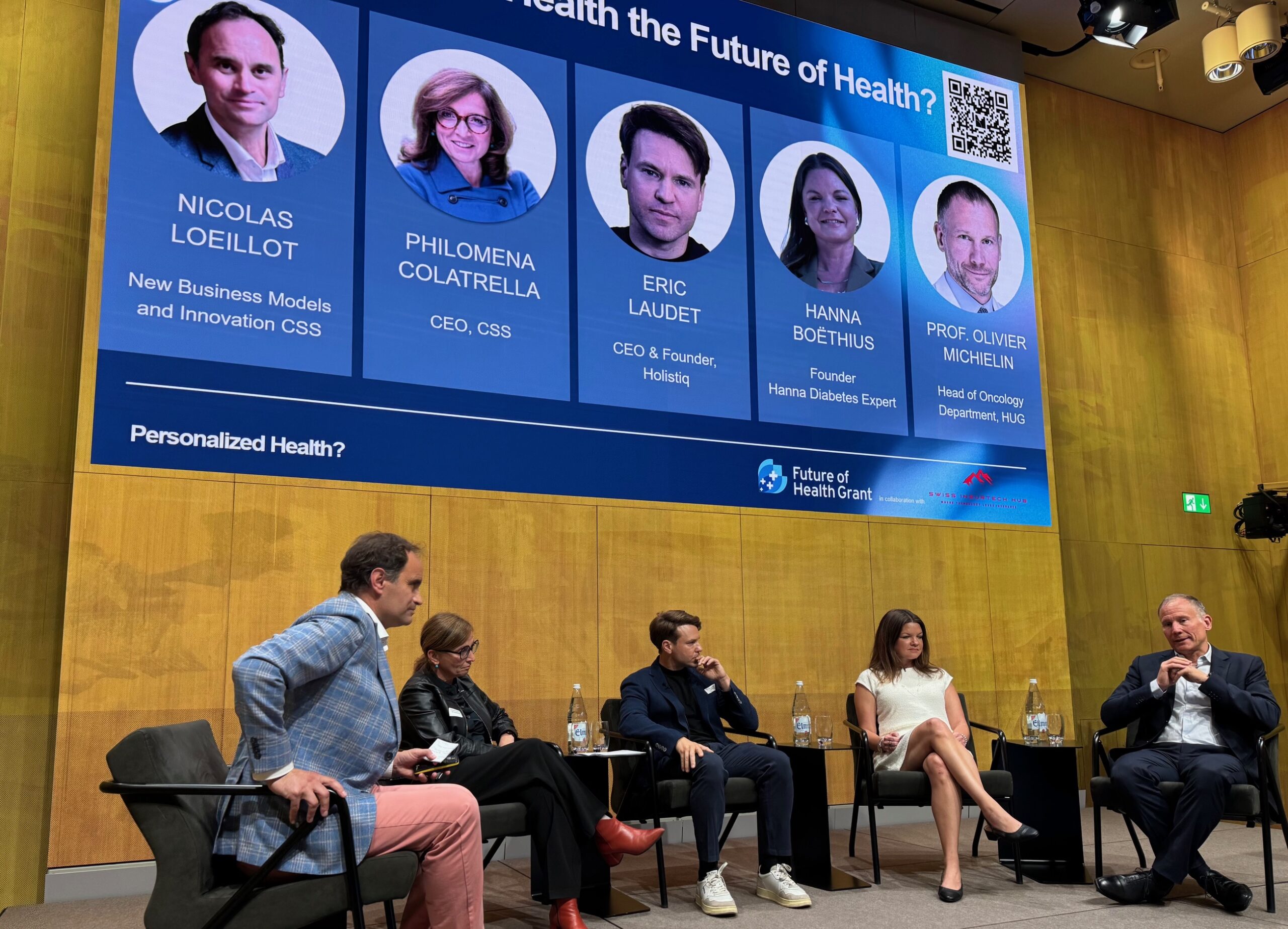Personalized health has become one of the most discussed topics in medicine. The idea is simple but revolutionary: prevention, diagnostics and treatments are tailored to each individual’s biology, lifestyle and data profile. At the recent Future of Health Grant Conference in Zurich, researchers, insurers and start-ups came together to show that this vision is increasingly being translated from theory into practice.
Co-hosted by the Swiss Insurtech Hub (SIH), the event at Swiss Re brought together a unique mix of stakeholders: medical researchers, health insurers, digital entrepreneurs and patient advocates. It provided an overview of how personalized health is beginning to transform not only the science of healthcare, but also its economics and accessibility.
From precision oncology to daily care
One of the most powerful messages came from Professor Olivier Michielin, Head of the Oncology Department at Geneva University Hospitals (HUG). As a pioneer in precision oncology, Michielin illustrated how extensive data sets – from clinical trials to molecular imaging – are already changing cancer treatment.
“In oncology, we know that not every treatment works for every patient,” he explained. “We used to treat entire populations with the same therapy, from which only 20 to 30 percent of patients really benefited. Today, thanks to precision medicine, we can identify subgroups with a much higher chance of success. This means that fewer patients are exposed to ineffective treatments and survival rates improve.”
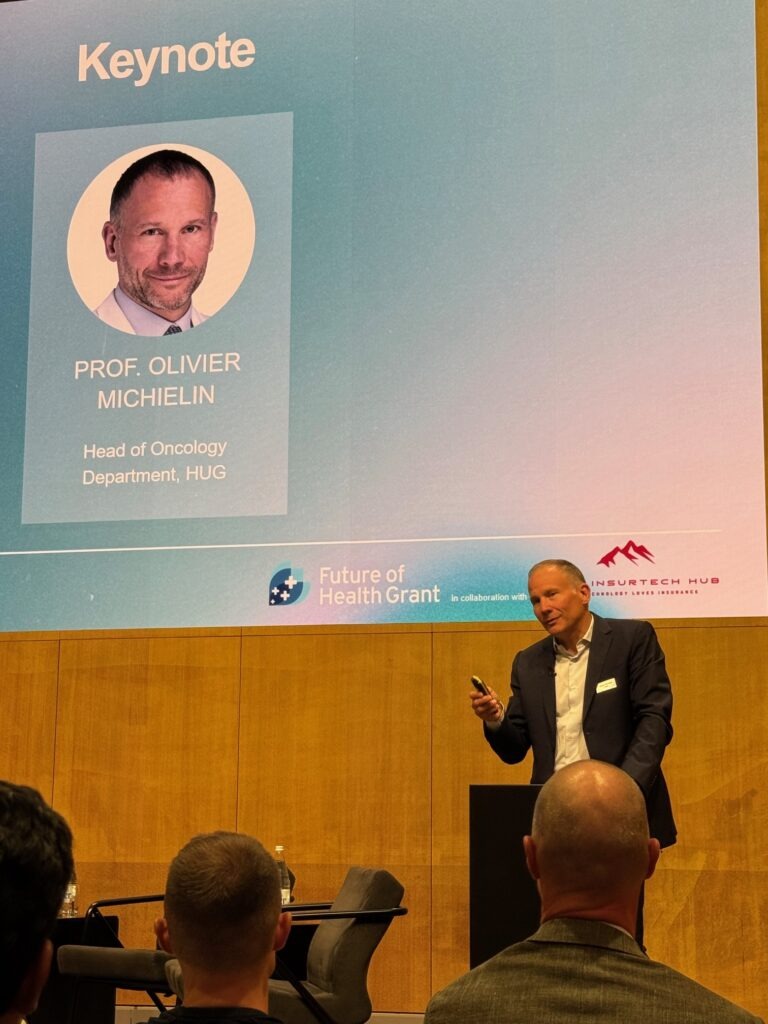
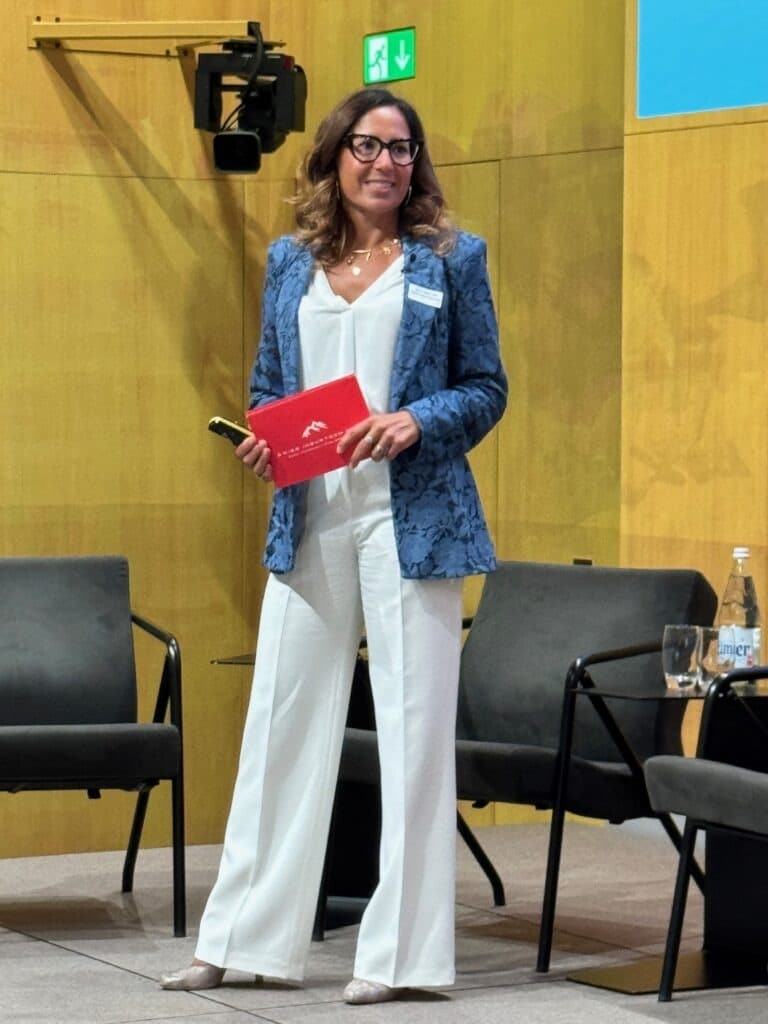
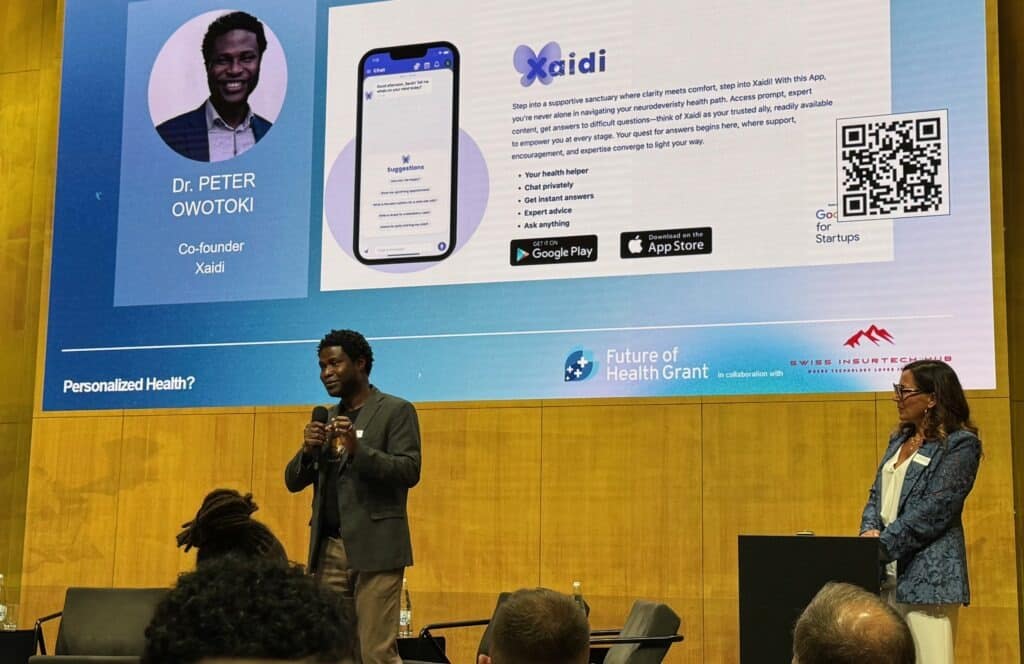
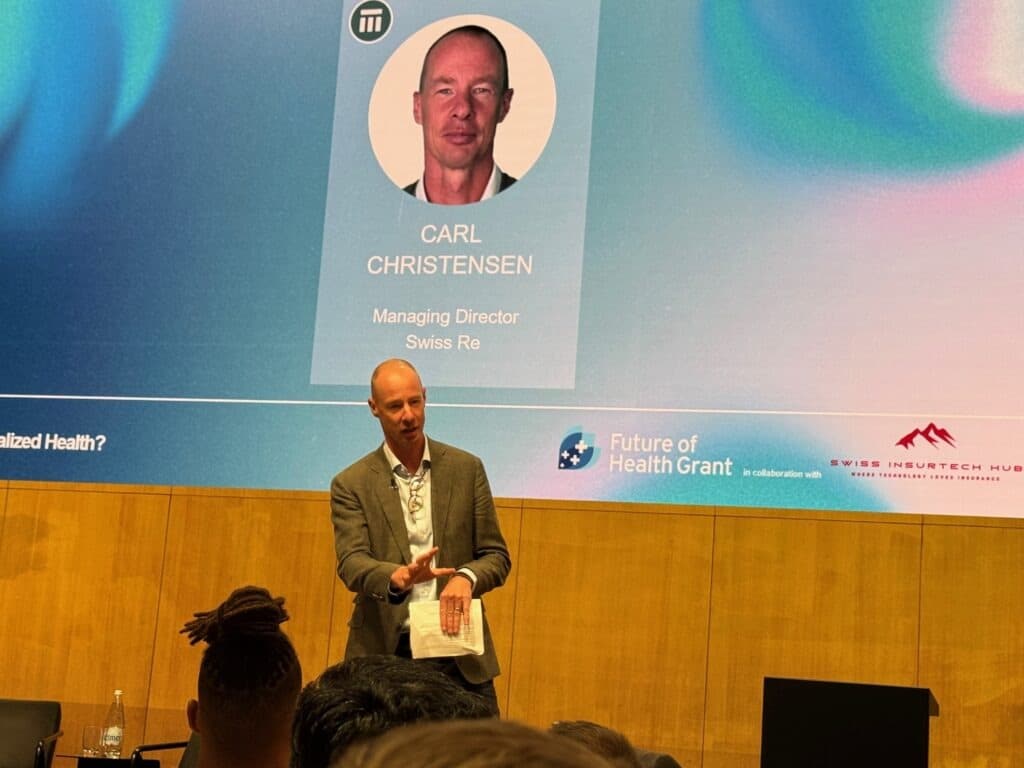
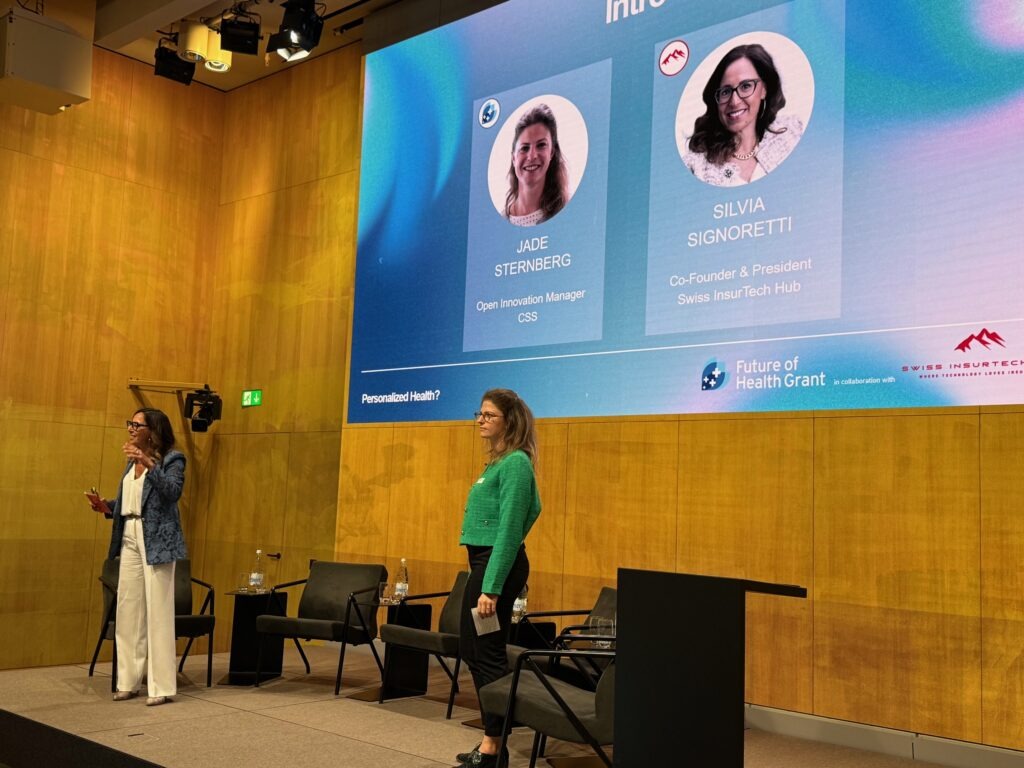
Research programs for the development of data warehouses
Michielin described how Swiss research programs such as Swiss Personalized Health Network (SPHN) and Personal Health and Related Technologies (PHRT) have helped hospitals build interoperable data warehouses so that patient information can be collected and analyzed at a national level. This infrastructure is crucial to move from small pilot projects to clinical standards, he argued.
The next challenge, he added, is multi-omics and digital pathology: technologies that can map tumors cell by cell and predict a patient’s response to therapies such as immunotherapy. “Every oncology patient has a tissue section,” Michielin noted. “That means data availability is virtually 100 percent. With AI, we can analyze these slices to detect subtle patterns that are invisible to the human eye and use them as a basis for treatment decisions.”
Scaling personalized health: promise and paradox
While oncology often serves as a testing ground for new medical approaches, it became clear at the conference that personalized health goes far beyond cancer. Startups presented solutions ranging from gamified apps to reduce binge eating to toothbrushes that analyze saliva for early disease markers.
However, scaling remains a challenge. Eric Laudet, founder of Holistiq and experienced healthcare entrepreneur, pointed out the tension between personalization and affordability. “It’s great to think about personalized solutions, but how do you scale them?” he asked. His company focuses on building telemedicine platforms that combine digital and human touchpoints, enabling large numbers of patients to receive tailored support without overburdening healthcare systems.
Laudet cited an example from the mental health sector: his team recently launched a global diagnosis and support service for ADHD in just two weeks. By offering group coaching and digital masterclasses, Holistiq combines personalization with scalability. “It’s affordable for consumers and has a huge impact on their lives,” he said.
Patients as experts
The voice of the patient also took center stage. Hanna Boëthius, who lives with type 1 diabetes, reported on how digital health tools can change daily disease management. She described the constant decisions that patients are faced with. For example, when it comes to diet, exercise and medication and how wearables and apps are now helping to understand the flood of personal health data.
“For me, personalized health means being treated not only as a patient, but also as an expert on my own condition,” she emphasized. Her perspective highlighted an important aspect: personalization is not just about algorithms, but also about empowerment.
Binci Heeb
Read also: Data, diagnoses, breakthroughs – How AI is revolutionizing healthcare
